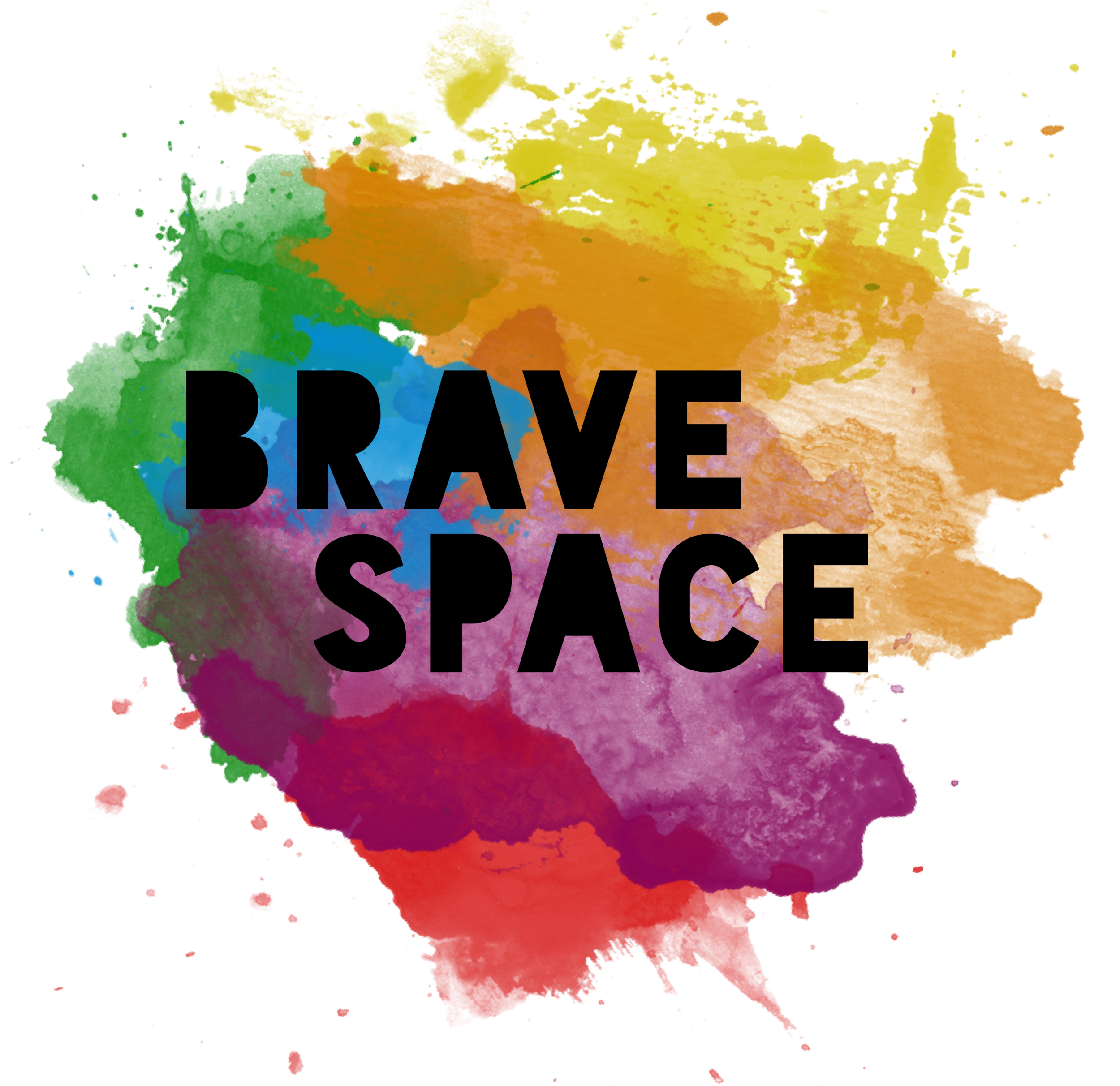Problems with Praise
In Brave Salon and at Brave Brunch, writers come to share their work created in Brave Space. It is an evening or an afternoon of nurturing feedback. Some would call this feedback praise. You’d think it would feel good. But for some of us, including me, praise is an experience we have to learn to manage.
As a child, praise happened before I got tricked or hurt. Praise was used as a weapon to betray me. Adults used it to get me to do things they wanted me to do. I learned to be wary. Praise can trigger me and make me feel unsafe.
My goal with Brave Space and this website is to help get more words written by women and non-binary writers into the world. Often, in order to encourage writing, praise happens. So I want to offer a few ways to deal with problems with praise.
The first step is to be aware of the problem. If you can notice that you are triggered by praise, you are halfway to helping yourself manage it. (One way to test this is to sign up to share in Brave Salon or Brave Brunch, and see how you feel afterwards.)
If you are triggered by praise, first put your hand on your heart and offer yourself some self-compassion. Let yourself know that you know that you are suffering. This is a real thing. Acknowledging your suffering will help. Naming it is important. Naming creates some distance between you and what you are experiencing.
The biggest thing is to KNOW it - like a moment of recognition in any good play/movie/story, you have realized something that will then automatically allow for change and transformation.
You can decide how you want to receive praise. You can come up with creative solutions for your discomfort. You can research the story about how you became praise-resistant (or praise-depressed or praise-phobic). You can label it for yourself and throw darts at it. You can ask for help in dealing with it. A therapist would find it a worthy goal. We should all be able to enjoy praise!
I do a thing called Self-therapy from IFS (Internal Family Systems). The book, SELF-THERAPY by Jay Earley shows you how. I am taking classes in it. IFS allows us to identify parts of ourselves that protect us for various (mostly childhood or trauma-related) reasons. Now that we’re grown, these protectors might not be necessary, but we’re used to them. That doesn’t mean we’re stuck with them. We can learn how to deal with these parts to help them grow up. Moving on is possible!
You can create a plan to help yourself learn that some praise is safe and enjoyable. I have used the recommendations I receive for my plays that are posted on newplayexchange.org to practice my praise capabilities. I print out the praise and tape it to my kitchen cabinets and practice taking it in. Praise gets easier with practice.
